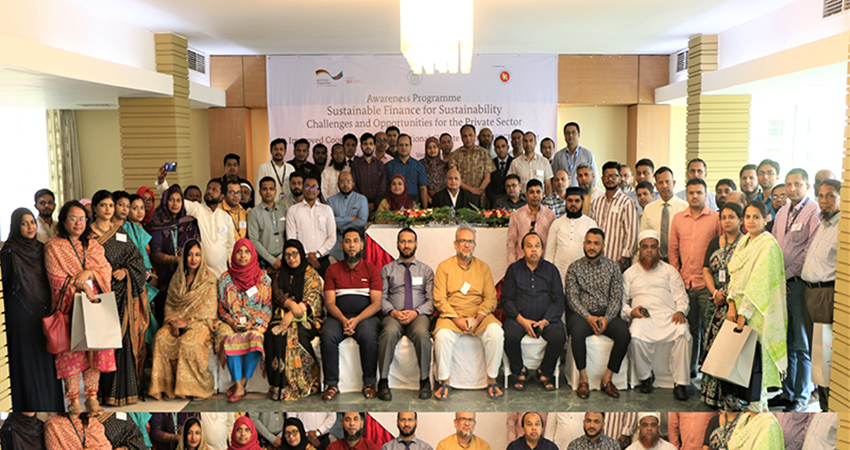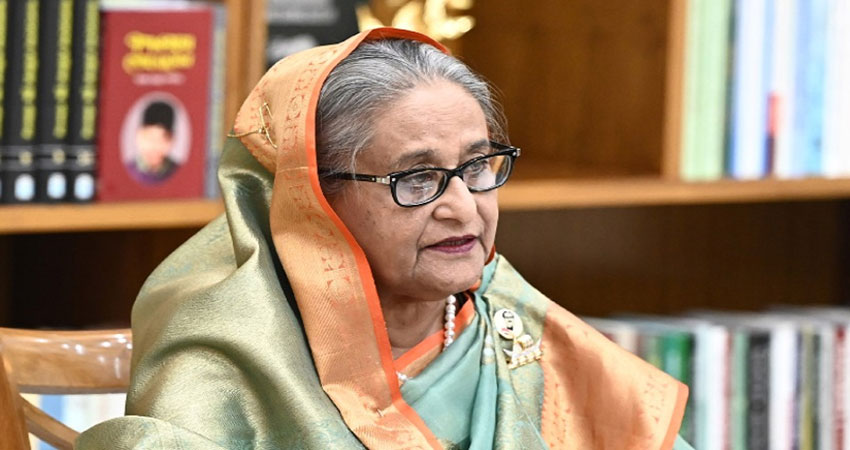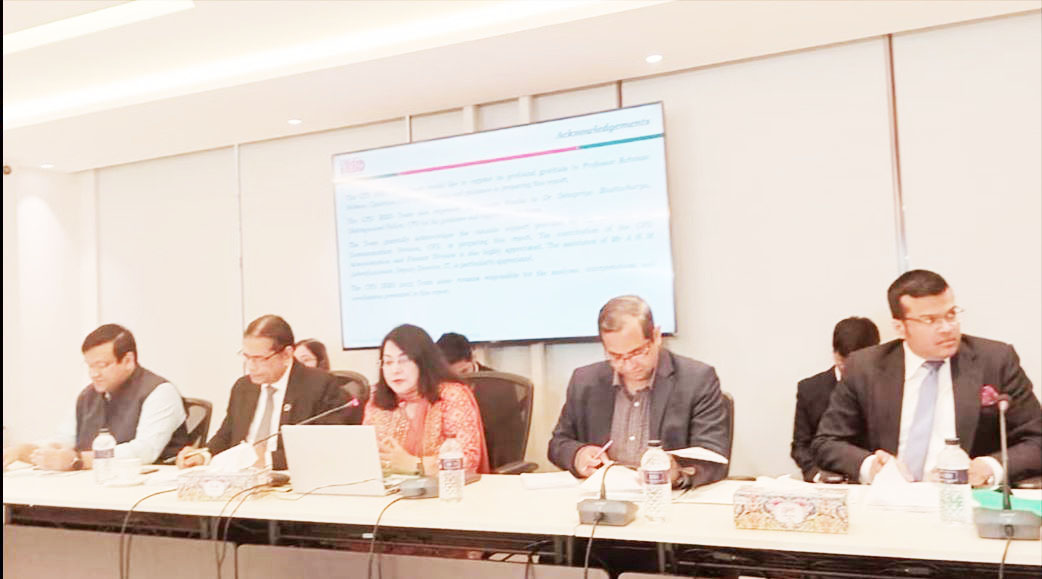It is most likely that the national
budget for the upcoming FY 2022-23 is going to be a slightly contractionary one
given the existing geopolitical situation and economic realities and potentials
of the country. However, any curtailing in the allocations for health sector
will not be appropriate. Rather, allocations for this sector need to be further
increased and of that increased allocation the largest share should be secured
for primary healthcare. Recently publicized sixth report of the Bangladesh
National Health Accounts (BNHA) says that of the total health expenditure in
Bangladesh, 68 percent is coming out of the pockets of the citizens. 23 percent
of that is borne by the government. The burden of out-of-pocket health
expenditure on citizen can be reduced to a significant extent if public
expenditure on primary healthcare can be increased. Speakers at a pre-budget
online National Dialogue organized jointly by Bangladesh Health Watch, BRAC
James P. Grant School of Public Health, BRAC University and Unnayan Shamannay
opined so today (12 May 2022).
Among honorable Parliamentarians- Dr.
Samil Uddin Ahmed Shimul (Chapai Nawabganj-1), Dr. Habibe Millat (Sirajganj-2),
Dr. Pran Gopal Dutta (Comilla-7), Dr. A. F. M. Ruhal Haque, MP (Satkhira-3),
Dr. Md. Abdul Aziz (Sirajganj-3), and honorable State Minister for the Ministry
of Disaster Management and Relief- Dr. Md. Enamur Rahman (Dhaka-19) were
present as discussants. Expert panelists at the online session were- Dr.
Mushtaque Raza Chowdhury (Convener, Bangladesh Health Watch), Dr. S. M.
Zulfiqar Ali (Senior Research Fellow, BIDS), and Dr. Syed Abdul Hamid
(Professor, Dhaka University). Unnayan Shamannay Chair and former Governor of
Bangladesh Bank- Professor Dr. Atiur Rahman presented the keynote paper, while
Bangladesh Health Watch Budget Thematic Group Chair- Professor Dr. Rumana Haque
moderated the session.
While presenting the keynote paper- Dr.
Atiur urged to come out the practice of allocating 5 to 6 percent of the total
national budget for health sector. He also pointed out that usually 25 percent
of the health sector allocations go for primary healthcare. This should be
increased to 30 percent in the coming fiscal year and raised to 35-40 percent
within the medium term. Dr. Atiur further added that if the allocations for
providing free-of-cost medicine for the people can be tripled then the
out-of-pocket health expenditure can be reduced from 68 percent to 58 percent.
Dr. Mushtaque Raza Chowdhury opined to establish a national commission to
ensure quality primary healthcare is made available for all. Stating that the
income-poor segments of Bangladesh’s population is being forced to spend 33
percent of their income for healthcare, Dr. S. M. Zulfiqar Ali emphasized on
developing a health insurance program for these people.
Honorable State Minister for the Ministry
of Disaster Management and Relief- Dr. Md. Enamur Rahman pointed out that the
Government’s commitment to ensure quality healthcare for all is reflected
through ensuring COVID-19 vaccination for 80 percent of the population within a
short time. He believes if this efficiency can be replicated across the entire
health sector, then it will be possible to ensure quality healthcare for all in
the country. Both Dr. Ruhal Haque and
Dr. Habibe Millat emphasized on decentralization of the health sector
management to improve service delivery. Md. Abdul Aziz, who is a member of the
parliamentary standing committee on health and family welfare, emphasized on
ensuring adequate services at the 493 Upazila Health Complexes across the
country. He believes instead of trying to improve conditions of all these
healthcare centers at once, government needs to take a ‘step by step’ approach.
Dr. Pran Gopal Dutta, in his remarks, highlighted- the need to enhance capacity
of the drug administration to ensure quality control of the medicine that are
sold in the local markets and the need to allocate budget for universal health
insurance.
Government and non-government
stakeholders related to healthcare, media professionals and civil society
representatives participated in the online discussion session.



















